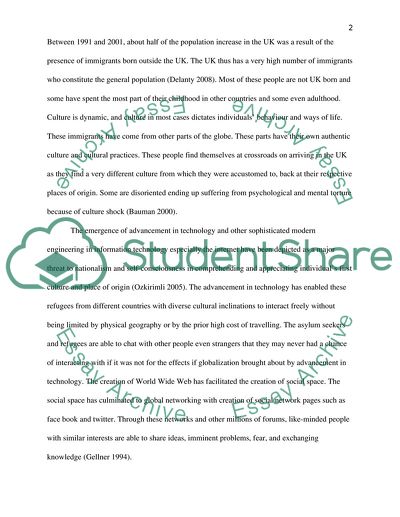Cite this document
(“Globalization and Ethnicity in the United Kingdom Essay”, n.d.)
Retrieved from https://studentshare.org/social-science/1577029-critically-discuss-the-relationship-between-globalization-and-ethnicitynationalism-in-the-context-of-a-relevant-empirical-case-study-of-your-choice
Retrieved from https://studentshare.org/social-science/1577029-critically-discuss-the-relationship-between-globalization-and-ethnicitynationalism-in-the-context-of-a-relevant-empirical-case-study-of-your-choice
(Globalization and Ethnicity in the United Kingdom Essay)
https://studentshare.org/social-science/1577029-critically-discuss-the-relationship-between-globalization-and-ethnicitynationalism-in-the-context-of-a-relevant-empirical-case-study-of-your-choice.
https://studentshare.org/social-science/1577029-critically-discuss-the-relationship-between-globalization-and-ethnicitynationalism-in-the-context-of-a-relevant-empirical-case-study-of-your-choice.
“Globalization and Ethnicity in the United Kingdom Essay”, n.d. https://studentshare.org/social-science/1577029-critically-discuss-the-relationship-between-globalization-and-ethnicitynationalism-in-the-context-of-a-relevant-empirical-case-study-of-your-choice.


